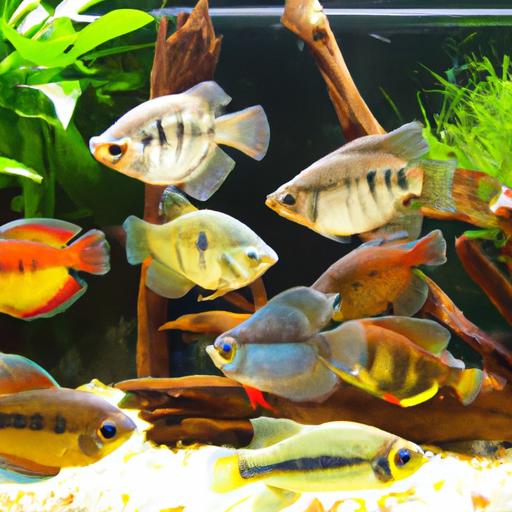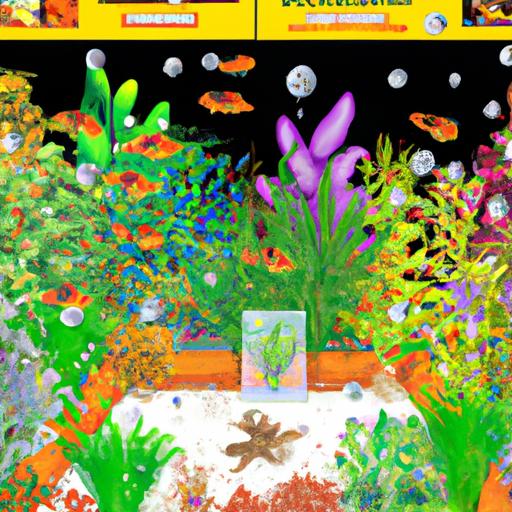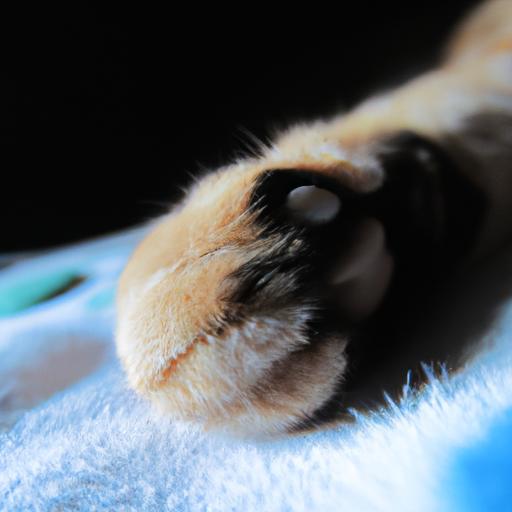
Successfully Keeping Dwarf Corydoras Catfish
Discover the secrets to successfully keeping Dwarf Corydoras Catfish in your aquarium. Learn about tank setup, feeding habits, and more.
Introduction
Are you considering adding some aquatic companions to your home aquarium? Look no further than the charming Dwarf Corydoras Catfish. These pint-sized fish have gained immense popularity among aquarium enthusiasts due to their adorable appearance and peaceful nature. In this article, we will delve into the secrets of successfully keeping Dwarf Corydoras Catfish, ensuring that they thrive in your aquarium.

Tips for Successfully Keeping Dwarf Corydoras Catfish
1. Suitable Tank Setup and Requirements
Creating an ideal environment for your Dwarf Corydoras Catfish is crucial for their well-being. These small catfish require a tank with ample swimming space and a minimum capacity of 10 gallons. It is advisable to provide a soft substrate, such as sand or fine gravel, to mimic their natural habitat. Additionally, a well-functioning filtration system is essential to maintain optimal water quality.
2. Ideal Water Parameters
To ensure the health and happiness of your Dwarf Corydoras Catfish, it is vital to maintain suitable water conditions. These fish thrive in temperatures ranging from 72°F to 78°F (22°C to 26°C). The pH level should be kept between 6.5 and 7.5, while the water hardness should be around 2 to 12 dKH. Regular monitoring of these parameters and making necessary adjustments will contribute to the overall well-being of your catfish.
3. Proper Diet and Feeding Habits
A well-balanced diet plays a crucial role in the overall health of your Dwarf Corydoras Catfish. These omnivorous fish appreciate a varied diet consisting of high-quality sinking pellets, frozen or live foods such as brine shrimp or bloodworms, and occasional vegetable matter. It is important to feed them small portions multiple times a day to ensure they receive adequate nutrition.
4. Compatible Tank Mates and Community Considerations
Creating a harmonious community in your aquarium is essential for the well-being of your Dwarf Corydoras Catfish. They are peaceful and sociable by nature, making them excellent tank mates for other small, non-aggressive fish. Avoid keeping them with aggressive or fin-nipping species. Furthermore, providing hiding spots, such as caves or dense vegetation, will help these catfish feel secure and reduce stress.
5. Importance of Regular Maintenance and Water Changes
Maintaining a clean and healthy environment is paramount for the well-being of your Dwarf Corydoras Catfish. Regular maintenance tasks, such as cleaning the tank, removing debris, and monitoring water parameters, are crucial to prevent the buildup of harmful substances. Additionally, performing partial water changes of 20% every one to two weeks will help maintain optimal water quality.
6. Common Challenges and How to Overcome Them
While Dwarf Corydoras Catfish are generally hardy and easy to care for, they may encounter some challenges. One common issue is poor water quality, which can lead to health problems. Regular water testing and maintenance will help prevent this. Another challenge is overfeeding, which can result in obesity and various health issues. By providing controlled feeding and monitoring their diet, you can avoid these problems.
FAQ about Dwarf Corydoras Catfish
1. What is the optimal tank size for Dwarf Corydoras Catfish?
Dwarf Corydoras Catfish require a minimum tank capacity of 10 gallons to thrive and exhibit natural behavior. Providing more space allows them to swim and explore freely.
2. Can these catfish thrive in a planted tank?
Yes, Dwarf Corydoras Catfish can thrive in a planted tank. The presence of live plants not only adds aesthetic value but also provides hiding spots and enhances the overall well-being of these fish.
3. How many Dwarf Corydoras Catfish can be kept together?
These catfish are social creatures, and it is recommended to keep them in groups of at least six individuals. The presence of a larger group promotes natural behavior and reduces stress.
4. What should their diet consist of?
A well-balanced diet for Dwarf Corydoras Catfish includes high-quality sinking pellets, frozen or live foods like brine shrimp or bloodworms, and occasional vegetable matter. Providing a varied diet ensures they receive all the necessary nutrients.
5. Are Dwarf Corydoras Catfish prone to any diseases?
Like any fish, Dwarf Corydoras Catfish can be susceptible to diseases. However, by maintaining optimal water conditions, providing a balanced diet, and minimizing stress, you can significantly reduce the chances of illness.
6. How long do these catfish typically live?
With proper care and a suitable environment, Dwarf Corydoras Catfish can live up to five years or even longer. Providing them with a well-maintained aquarium and a nutritious diet will contribute to their longevity.
Conclusion
Successfully keeping Dwarf Corydoras Catfish in your aquarium is a rewarding experience that requires attention to detail and proper care. By following the tips outlined in this article, you can create an optimal environment for these adorable catfish to thrive. Remember to provide them with a suitable tank setup, maintain ideal water parameters, offer a balanced diet, and choose compatible tank mates. Regular maintenance and addressing common challenges will ensure the long and happy life of your Dwarf Corydoras Catfish. So, dive into the world of these captivating creatures and enjoy the wonders they bring to your aquatic haven.































